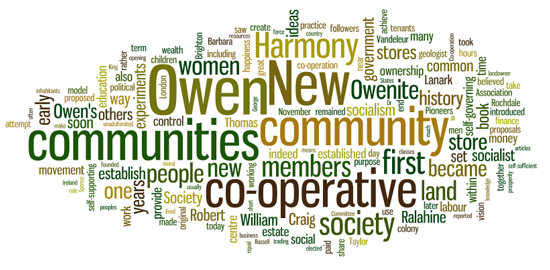In 1874, J.R. Green published A Short History of the English People, a book which shunned the conventional approach to historical study as that based on ‘great men’ and instead wrote about the lives of the common man and woman.
Since then, a tradition of people’s history has taken up and extended this theme. During the 1960s and 1970s, a recognisable movement of people’s history emerged and flourished, encompassing a whole range of activities and initiatives, often outside the sphere of academic history, and broadening the subject matter of history, its source and material. It challenged the role of the professional historian as the arch-disseminator of historical understanding, arguing that ordinary people could themselves produce their own histories.
Next Monday at Manchester Metropolitan University, The Manchester Centre for Regional History is putting on The History of People’s History: Ideals, Meanings and Legacies, presented by Professor Sally Alexander and Professor Alun Howkins where they will talk about their own understandings and experiences of People’s History and the History Workshop Movement, and how these ideas and ideals might shape the future of history.
At a time when the study of the past has broadened to encompass almost all aspects of everyday life and culture, it is by no means clear that the commitment to the common people, to the oppressed and the marginalised, still carries radical political possibilities into the future as it was once assumed. Thus, it is worth considering the ideals and meanings of People’s History and the History Workshop Movement, and how their legacies might reconnect historical practice to current struggles for equality and democracy.
Monday 27 April 2015 at 5.30pm in Lecture Theatre 4, Geoffrey Manton Building, Manchester Metropolitan University, Oxford Road, Manchester, M15 6LL. All welcome! Please book your free tickets here.







